Advantages and disadvantages of lithium batteries, batteries in our lives is more common, generally in electric vehicles lithium batteries and batteries more, for batteries we may not be particularly well understood, there are numerous orders of batteries? Then is a look at what are the advantages and disadvantages of lithium batteries.
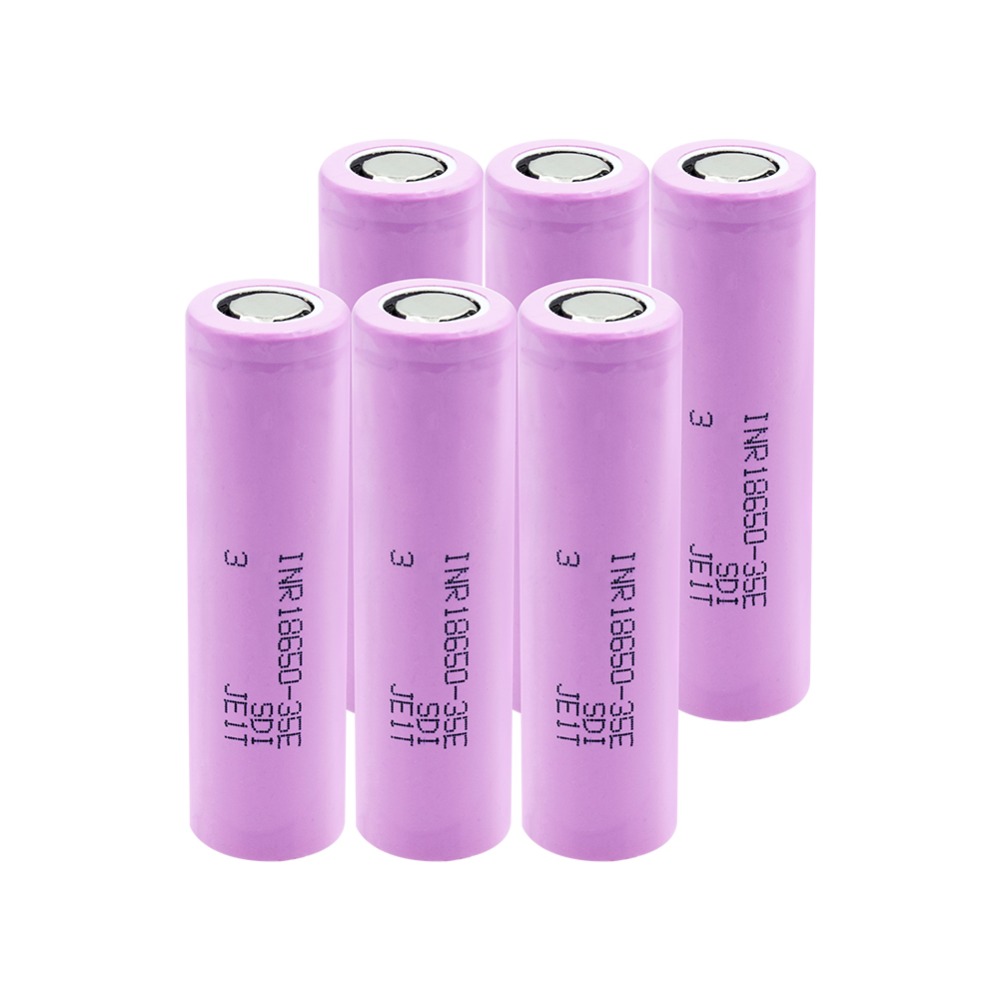
The advantages and disadvantages of lithium batteries
Lithium- ion batteries have the following advantages.
1, high voltage, the working voltage of a single cell up to 3, 6-3, 9V, Ni-Cd, Ni-H batteries 3 times 2, large specific energy, the actual specific energy can be achieved at present 100-125Wh/kg and 240-300Wh/L (2 times more than Ni-Cd, 1, 5 times more than Ni-MH,, the future with the development of technology, the specific energy can be as high as 150Wh/kg and 400Wh/L
2, long cycle life, generally can reach more than 500 times, or even more than 1000 times, for small current discharge of electrical appliances, the battery life will multiply the competitiveness of electrical appliances.
3, good safety performance, no pollution, no memory effect, as Li-ion predecessor of lithium batteries, because of the formation of lithium metal dendrites prone to short circuit, reducing its application areas: Li-ion does not contain cadmium, lead, mercury and other elements of environmental pollution: part of the process (such as sintered, Ni-Cd batteries have a major drawback for the "memory effect "This is a major drawback of some processes (e.g. sintered, Ni-Cd batteries), which severely restricts the use of batteries, but Li-ion does not have this problem at all.
4. Small self-discharge, the self-discharge rate of a fully charged Li-ion stored at room temperature for 1 month is about 10%, much lower than the 25-30% of Ni-Cd and 30-35% of Ni, MH.
5. Fast charging and discharging, 1C charging can reach more than 80% of the nominal capacity.
6.High operating temperature range, operating temperature of -25~45°C, with the electrolyte and cathode improvement, expect to be able to expand to -40~70°C.
Lithium-ion batteries also have certain disadvantages
Lithium-ion batteries also have certain disadvantages
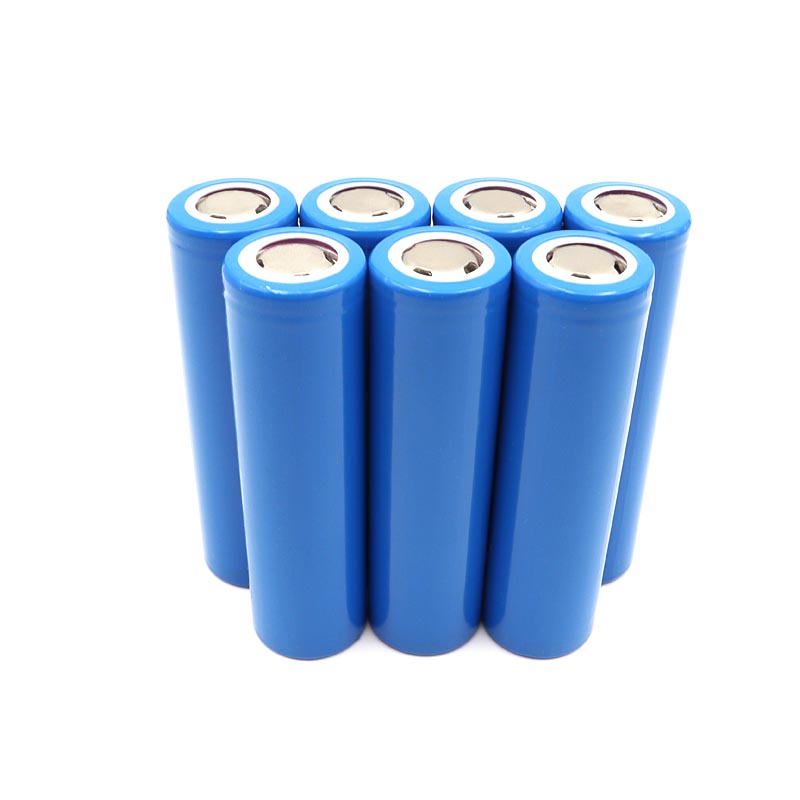
1. the battery cost is higher. This is mainly due to the high price of the cathode material LiCoO2 (less resources for Co) and the difficulty of purifying the electrolyte system.
2. Cannot be discharged at high currents. Due to the organic electrolyte system and other reasons, the internal resistance of the battery is relatively large compared to other types of batteries. Therefore, require a small discharge current density, general discharge current in 0, 5C below, only suitable for small and medium current appliances.
3. need to protect the line control.
A, overcharge protection: overcharge of the battery will destroy the positive structure and affect the performance and life; at the same time, overcharge makes the electrolyte decomposition, the internal pressure is too high and leads to leakage and other problems; therefore, it must be charged at a constant voltage of 4,1V-4,2V.
B. Over-discharge protection: over-discharge will lead to difficulties in the recovery of the active material, so it also needs to be controlled by a protective circuit.
4、Definition of rechargeable battery
Rechargeable batteries are also known as: storage batteries, secondary batteries, is the battery can be repeatedly charged and used. Commonly used are: lead-acid batteries (used in cars, commonly known as "battery", cadmium-nickel batteries, hydrogen-nickel batteries, lithium-ion batteries.
5、The rated capacity of the battery
The rated capacity of the battery refers to the power released when the battery is discharged to the cut-off voltage under certain discharge conditions, and the IEC standard stipulates that the power released by NiCd and NiMH batteries is the rated capacity of the battery when they are charged with 0,1C for 16 hours and discharged with 0,2C to 1,0V at 20±5℃. The units are Ah, mAh
Advantages and disadvantages of lithium batteries
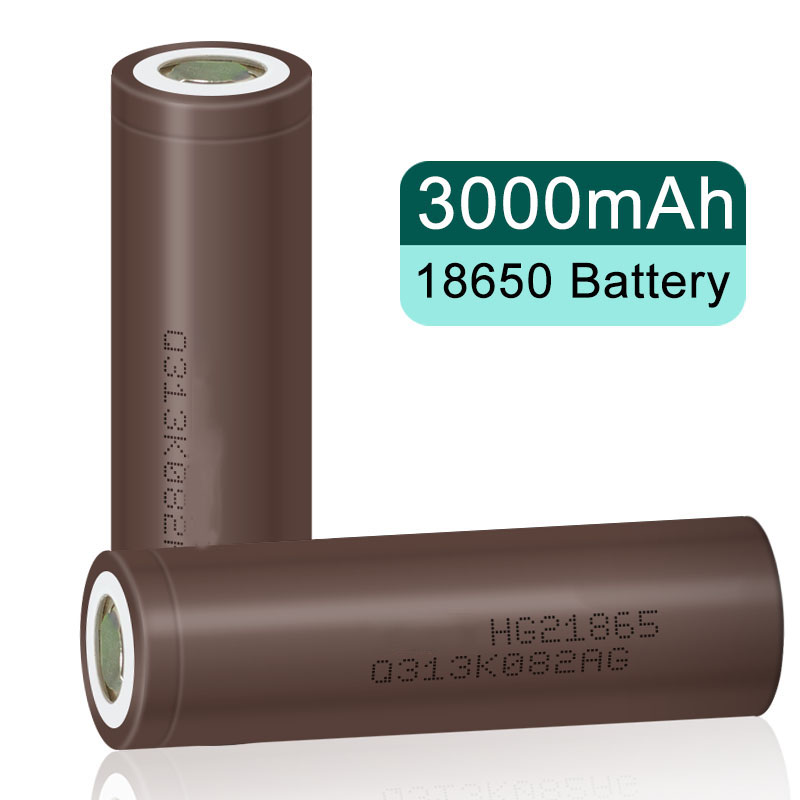
I. Advantages
1, low carbon environmental protection, whether manufactured, applied or destroyed, they do not contain or will not contain all harmful heavy metal elements and lead, mercury, cadmium and other chemicals.
2, lithium ion has a long service life. Batteries using positive grade lithium iron phosphate have been in use for over six years. Rechargeable batteries with positive electrodes are charged and discharged using 1 disc with 1000 application records.
3, lithium high-voltage service platform: the average voltage of a single rechargeable battery is equal to or equal to the voltage of three NiCd or NiMH rechargeable batteries in series.
4, pure electric vehicle with lithium phosphate battery charging capacity of 1530c, conducive to high toughness starting and acceleration.
5, lithium has a high specific energy. The relative density of high energy storage technology is 460 to 600 wh/kg, which is 6 to 7 times that of lead-acid batteries.
6, the net weight of lithium-ion batteries is lighter than that of lead-acid batteries, and the net weight of lithium-ion batteries is about 1/5 or 6 of the same volume.
7, lithium battery life is low, no recall effect;
8, lithium battery has strong adaptability to high temperature and ultra-low temperature. It can be applied to -2060c natural environment, and after processing, it can be applied to -45c natural environment.
Second, the disadvantages
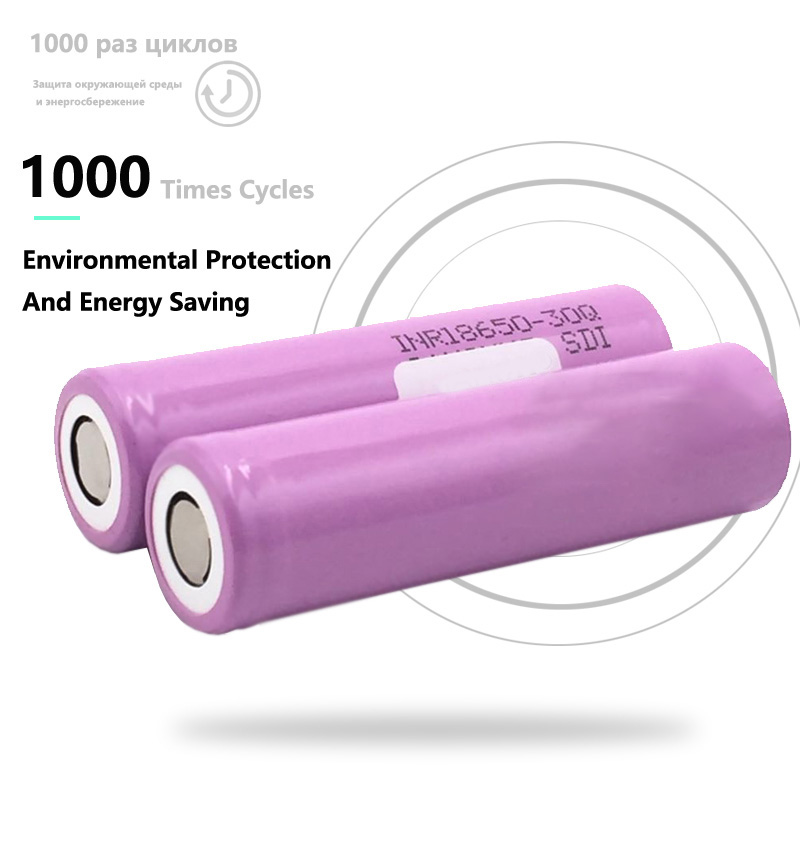
1, lithium cobalt data can not be charged and discharged under high current, the safety factor is poor.
2、Lithium-ion batteries have a poor safety factor and there is a risk of explosion.
3, high production and manufacturing regulations and increased costs.
4, All lithium-ion appliances must maintain power circuits to prevent overcharging and discharging.
Advantages and disadvantages of lithium batteries
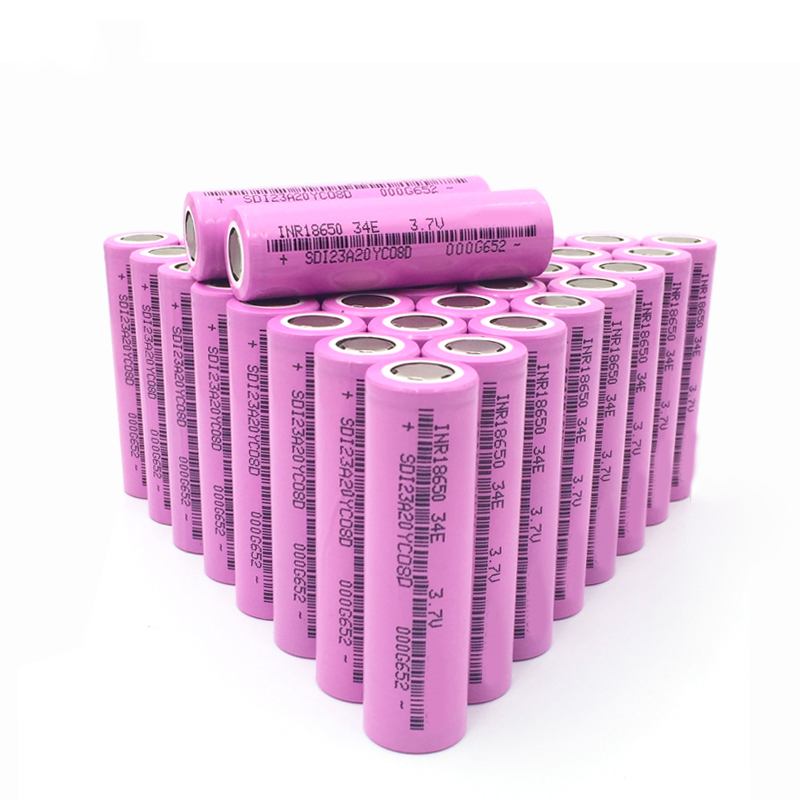
The advantages and disadvantages of lithium batteries are actually two places, one is light weight, under normal circumstances, an electric car and bicycle 48V12A lithium battery is actually compared with lead-acid batteries, it is much lighter, even a difference of more than ten kilograms, which is not the usual data ah, then a group of 60V20A battery difference may be in about 20 kg, then it is obvious that the weight of the audience has been The second advantage is its longevity.
The second advantage is its life, its life is still relatively long ', compared with lead-acid batteries, in fact, the life of lead-acid batteries is relatively short, almost in a year and a half or so, but the life of lithium batteries can be about 3 years, and the warranty period of lithium batteries is also longer than lead-acid batteries!
After saying the advantages, let's talk about its disadvantages, in fact, a thing can not be perfect, it has advantages will have disadvantages, its disadvantage is an easy spontaneous combustion, especially high-powered lithium batteries, its safety risks are actually very high, and another is the time of failure, its protection plate can not protect everything to!
The second is that the price is higher, it may be two to four times that of lead-acid batteries, after all, it is much better than lead-acid batteries, so of course the price is much higher, but this price is also acceptable to many people, so many people do not care about this problem, the third point is that it can not be traded in.
But lead-acid batteries can be traded in, which is still relatively chicken, so for the majority of users, they prefer lithium batteries, but always have a lot of misunderstandings about it, in fact, to say that its advantages are also very much, for the future trend of lithium batteries I am actually quite optimistic!


 Home
Home CSIP
CSIP  Feb 14,2023
Feb 14,2023 
 What is the difference between lithium and lead-acid batteries CSIP
What is the difference between lithium and lead-acid batteries CSIP 



